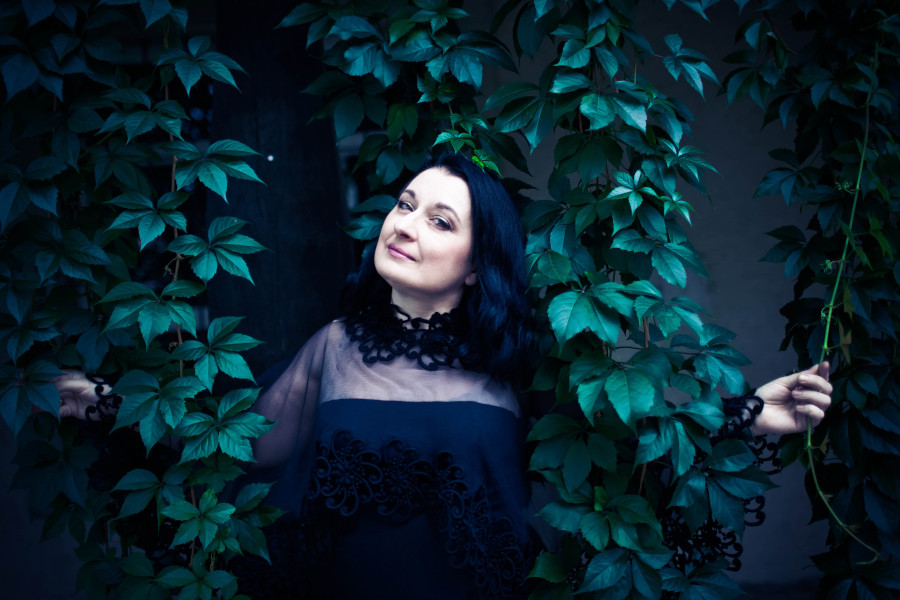“But now lead on;
In me is no delay; with thee to go,
Is to stay here; without thee here to stay,
Is to go hence unwilling”
The last verses of John Milton’s Paradise Lost reference the tradition of medieval love poetry. In the Middle Ages, the most popular love poems invited a loved one to escape together to a better place. The Song of Songs served as a model for such texts.
Musical settings of the book, whose authorship is attributed to King Solomon, gained great popularity in the late Middle Ages and the Renaissance. Highlighting its importance in shaping the musical culture of Europe, Agnieszka Budzińska-Bennett’s ensemble Peregrina will reach for the earliest works created to the text of Old Testament verses. The musicians specialising in little-known, old repertoire will present pieces composed over the course of five centuries.
The musical settings of Canticum Canticorum, which are particularly popular in Marian worship, have exceptionally ornate forms and are demanding to performers. Some of the pieces take the shape of dialogues between the Bride and the Groom. The authorship of compositions included in this programme is often shrouded in mystery. However, the repertoire also features the antiphon Sicut malum, attributed to St Hildegard of Bingen, and Quis est hic by St Bruno of Segni, abbot of the Benedictine monastery at Monte Cassino. Another of the authors – Pierre Abelard – was a famous medieval philosopher who made his mark in culture, among others thanks to his love for Heloise. Other noteworthy pieces will be a Silesian setting of the antiphon Meliora sunt and its sixteenth-century counterpart from… Iceland.

